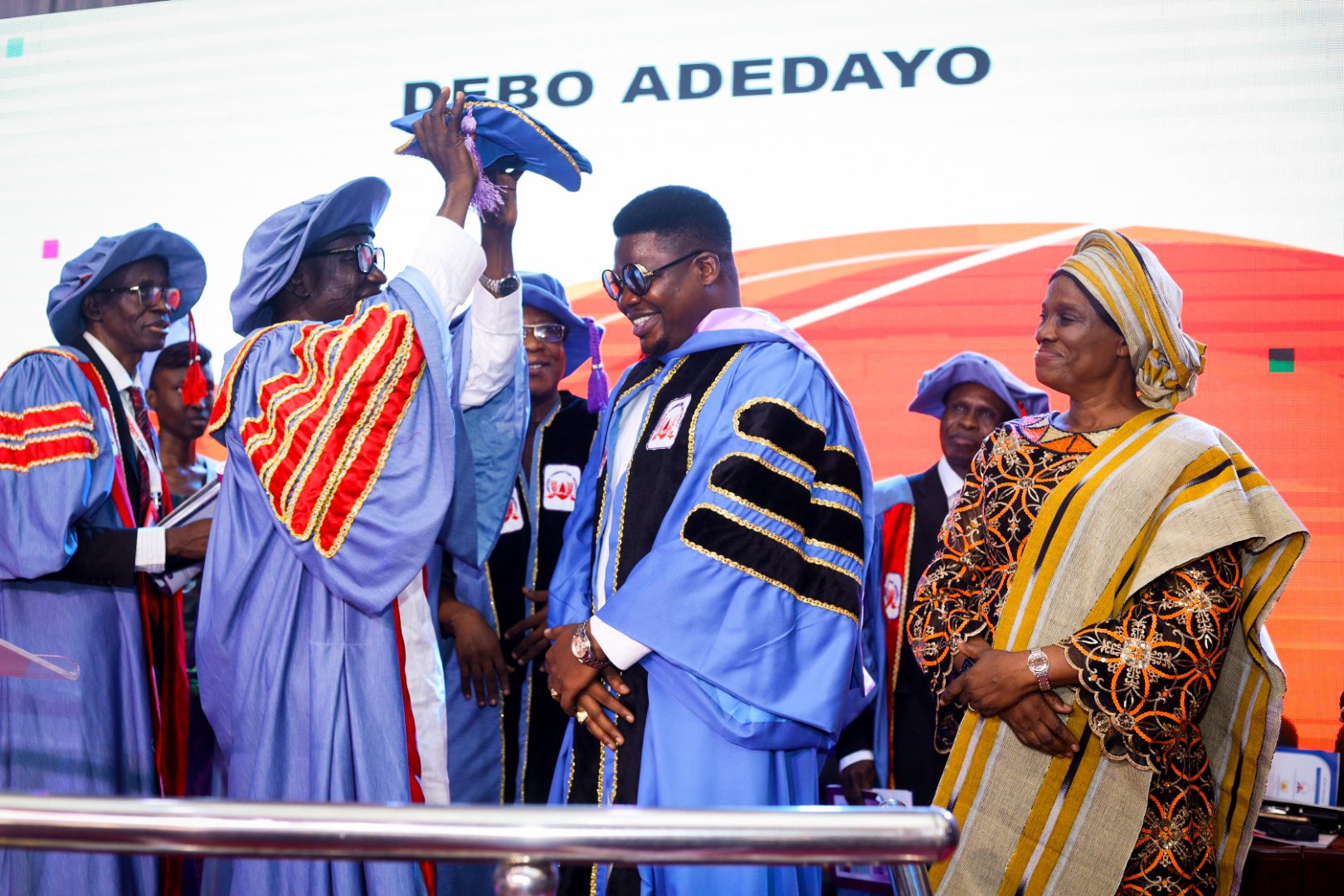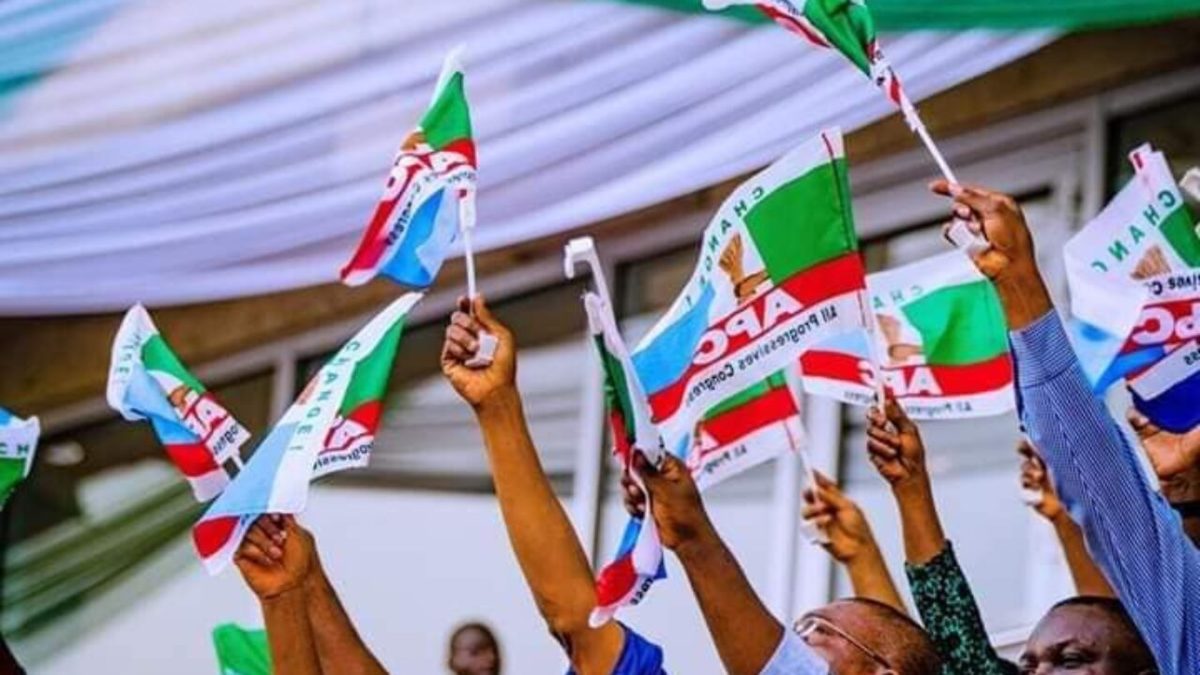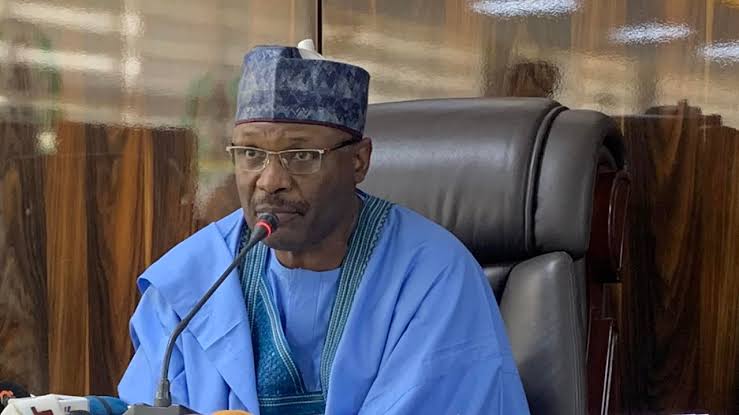CBN, NBET others owe FG N190bn for electricity supply
Federal Government owned power firm, the Niger Delta Power Holding Company has said that the Central Bank of Nigeria, the Nigerian Bulk Electricity Trading Plc, and the Nigerian Electricity Liability Management Company owe the sum of N190bn for electricity supply.
Managing Director and Chief Executive Officer, NDPHC, Chiedu Ugbo, revealed this to The PUNCH on the sideline of a media briefing in Lagos on Monday.
According to him; the estimate was arrived at as a result of debts owed for electricity supply to the tune of N190 billion from 2015 till date.
The N190 billion debt, he said was owed by the government agencies from 2015 till May 2023.
He added that NBET owed the bulk of the debt, although he did not state the exact amount.
“Huge indebtedness by the market to NDPHC runs into hundreds of billions, N190 billion as of May for unpaid invoices. NDPHC is also not paid for availability but only as dispatched thereby depriving NDPHC of hundreds of billions since 2015 when the Transitional Electricity Market was declared, and the government has so far been denied revenue as high as N3trn,” he said.
Ugbo explained that the debt had made it difficult to meet some of its obligations such as operational expenditures including stock of spares, payment to gas suppliers, and others.
“Since we are being owed, we can’t also pay our gas suppliers and they too won’t supply us gas. Gas is what we use in generating power, and if we can’t generate; we can’t sell. The name plate capacity of our ten plants is 4000MW. We have the capacity to generate as much as 2000MW but we currently generate 975MW,” he said.
He added that the company had to cut down costs, and had been able to sustain operations with internally generated revenue, coupled with interventions by the Federal Government, adding that the company needs “urgent private capital mobilisation”.
“Despite the interventions and other FGN initiatives in networks, liquidity challenges persist. It is obvious that a lot more investment is required in transmission and government alone cannot do this. There is therefore need for urgent private capital mobilisation, and exploring independent transmission projects starting with Gencos as investors. With NDPHC’s track record, this is possible within the shortest possible time” he said.
While speaking, Executive Director, Generation, Engr. Abdullahi Kassim explained that the Company hoped to resolve the challenges through its bilateral contracts ‘Light-up Nigeria Initiative’, a programme designed to leverage its generation assets to deliver reliable supply to eligible (maximum demand) customers, electricity distribution companies, and third-party project developers that aggregate load and provide a reliable supply to bulk customers.
“To underscore the importance of this programme, it is directly led by NDPHC’s Chairman, and Vice President, Sen. Kashim Shettima. The approach is to focus more on sales to bulk purchasers and developers that aggregate load because of the volume of power that can be sold on each such project (subject to the proper payment security being in place). The initiative offers a sure path to being able to sell a significant part of NDPHC’s commercially stranded capacity to light up businesses and homes,” he said.
The goal of the ‘Light Up Nigeria Initiative’, he said is to provide more than 97 per cent generated power to the masses.








